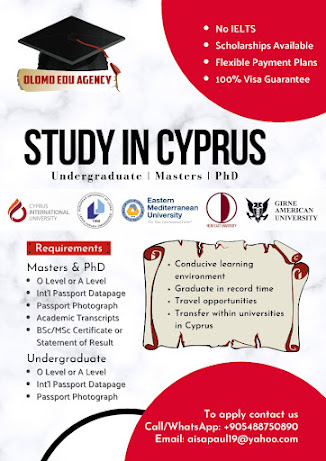Why Turkey is now 'Turkiye', and why that matters
Turkiye's authorities have decided to rebrand their country's international image, here is why.
In December, 2021, Turkey's President Recep Tayyip Erdogan issued a communique, tweaking the country's internationally recognised name from "Turkey" to Turkiye.
"The word Turkiye represents and expresses the culture, civilisation, and values of the Turkish nation in the best way," said the communique.
Countries changing or tweaking their names is not as unusual as one might think.
The business of nation-branding can happen for a whole host of reasons, whether to rise above cliches, present a more positive image or even for politics.
In recent years a whole industry has arisen catering to countries and cities seeking to promote themselves internationally and taking charge of how the world sees them and their unique identity.
Most recently, the Netherlands dropped the name "Holland" in a bid to simplify its image to the world. And before that, "Macedonia" changed its name to North Macedonia due to a political dispute with Greece.
In 1935, Iran changed its name from Persia, a name that Westerners mainly used. The word Iran means Persian in Farsi, and at the time, it was felt that the country should call itself with the name used locally, not a name seemingly imposed from the outside.
The change of name reflected a will for the country to take charge of its destiny following the occupation of the country by the British and the Russians.
As many as eleven countries have changed or amended their names over the decades.
So why Turkiye?
Well, in the Turkish language, the country is called Turkiye. The country adopted this name after it declared independence in 1923 from the occupying Western powers.
Over the centuries, Europeans have referred to firstly the Ottoman state and then to Turkiye by many names. But the name that has stuck most is the Latin "Turquia'' and the more ubiquitous "Turkey."
Type "Turkey" into Google, and you will get a muddled set of images, articles, and dictionary definitions that conflate the country with Meleagris – otherwise known as the turkey, a large bird native to North America – which is famous for being served on Christmas menus or Thanksgiving dinners.
Flip through the Cambridge Dictionary and "turkey" is defined as "something that fails badly" or "a stupid or silly person."
That association, while not flattering, has its roots in a mix-up that goes back centuries.
One version of history has that when European colonisers set foot in North America, they ran into wild turkeys, a bird that they mistakenly assumed was similar to the guinea fowl, which was native to eastern Africa and imported to Europe through the Ottoman Empire.
Europeans called the guinea fowl the turkey-cock or turkey-hen - and the rest is history, and a dinner table menu.
The vast majority of people in Turkiye feel that calling the country by its local variation only makes sense and is in keeping with the country's aims of determining how others should identify it.
In a nod to that, the recently published communique was clear that "within the scope of strengthening the 'Turkiye' brand, in all kinds of activities and correspondence, especially in official relations with other states and international institutions and organisations, necessary sensitivity will be shown on the use of the phrase 'Türkiye' instead of phrases such as 'Turkey,' 'Turkei,' 'Turquie' etc."
Yet, the government's announcement is only catching up with what some business associations have been practicing for decades.
In January 2020, the Turkish Exporters' Assembly (TİM) and umbrella organisation of Turkish exports announced that it would use "Made in Turkiye" on all its labels in a bid to standardise branding and the identity of Turkish businesses on the international stage.
TRT World









No comments
Thanks for viewing, your comments are appreciated.
Disclaimer: Comments on this blog are NOT posted by Olomoinfo, Readers are SOLELY responsible for their comments.
Need to contact us for gossips, news reports, adverts or anything?
Email us on; olomoinfo@gmail.com